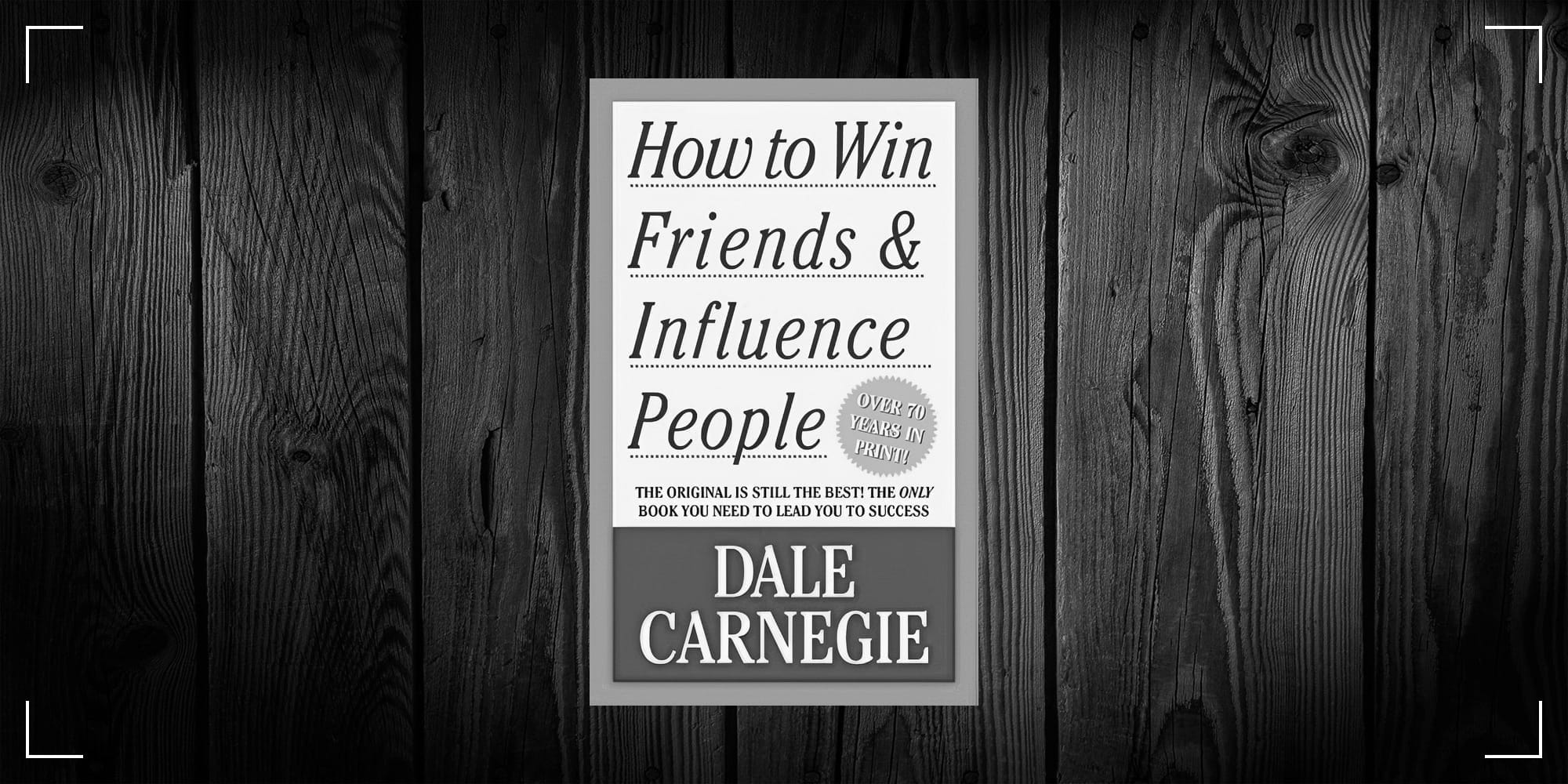Book Review: How to Win Friends and Influence People
Probably the book that has had the most influence on my life

What is it about?
How to Win Friends and Influence People is a timeless self-help book. I have a copy owned by my father from the 1980s, but the content is still relevant today. In my early career, I was a know-it-all geek struggling to persuade others. This book taught me how to overcome those challenges. It breaks down the psychology of influence, likability, and communication into practical principles. Carnegie’s central idea is simple: if you want to be successful in business and life, you need to understand people and make them feel understood.
Using real-life stories—from salespeople and CEOs to historical figures like Abraham Lincoln—Carnegie distills social success into actionable strategies: getting people to like you, persuading without offending, and leading others without resentment.
Why did it appeal to me?
Relationships are crucial in both personal and professional life. Whether you’re navigating workplace dynamics, leading a team, or just trying to have better conversations, the ability to connect with people is crucial. This book appealed to me because it’s not about manipulation or tricks—it’s about genuinely understanding others and becoming more empathetic and thoughtful in communicating. How to Win Friends reminded me how far emotional intelligence and kindness can take you.
My biggest takeaways
One idea that really stayed with me: “Remember that a person's name is to that person the sweetest sound in any language.” It sounds obvious, but the power of using someone’s name—and doing so sincerely—completely changes the tone of any interaction. It shows attention, respect, and connection.
Another powerful concept is never to criticize, condemn, or complain. Carnegie explains that even hardened criminals, like “Two Gun” Crowley, saw themselves as justified in their actions. Crowley, after a violent shootout with police, left a note claiming he was fighting for justice and had been mistreated. The point? Even people we view as clearly wrong still see themselves as right. Criticism doesn’t change people—it hardens them. Instead of attacking, Carnegie encourages us to understand where others are coming from and appeal to their sense of importance and fairness.
There’s also a fantastic principle about letting the other person feel the idea is theirs. Instead of trying to impose your view, ask questions, guide the conversation, and let the other person conclude. It’s subtle, but incredibly effective—especially in leadership or negotiations.
Lastly, Carnegie emphasizes the importance of genuinely listening—not waiting to speak, not half-hearing while multitasking, but really tuning into what someone is saying. That alone can set you apart in a noisy world.
Should you read it?
Absolutely—especially if you want to improve your communication, collaboration, and leadership. This isn’t a book just for extroverts or salespeople. It's for anyone who interacts with other humans. Carnegie doesn’t offer hacks—he offers principles rooted in empathy and respect.
That said, this won't give you that if you’re looking for modern-day psychology studies or frameworks. It's more anecdotal and old-school in tone. But don’t let the age fool you—the advice holds up.
If you apply even a few of Carnegie’s principles, you’ll start seeing changes—not just in how others respond to you but also in how you see them.
This is one of those books that should be revisited every couple of years. While tools and technology change, people stay remarkably the same.
If How to Win Friends and Influence People resonates with you, you may also find value in the poem Desiderata. While Carnegie offers clear, actionable principles for building strong relationships and influencing others with empathy, Desiderata complements this with a poetic reflection on living with integrity, calm, and compassion. Together, they form a well-rounded philosophy—practical in action, peaceful in spirit.

